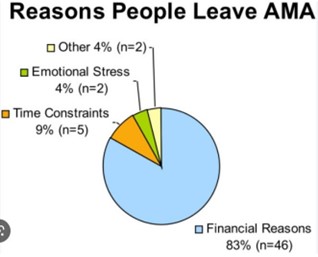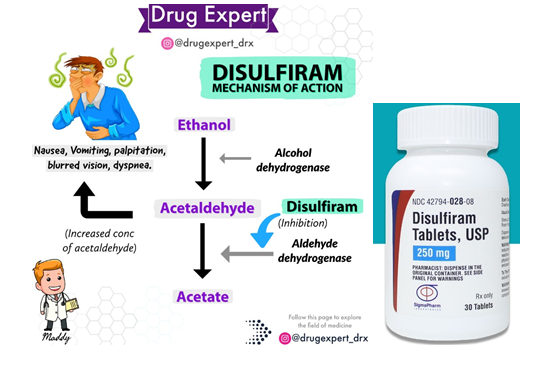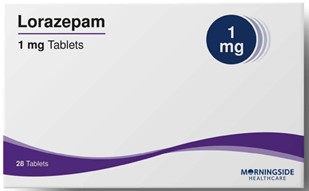An involuntarily hospitalized client tells the nurse: "Get me the forms for discharge against medical advice (AMA) so I leave the hospital now." What is the registered nurse's best initial response?
Select one:
"l will get them for you. but let's talk about your decision to leave treatment."
'Since you signed your consent for treatment, you may leave if you desire, it is ok."
“l can’t give you those forms without your health care provider's knowledge."
"I'll get the forms for you right now and bring them to your room."
The Correct Answer is A
This response acknowledges the client's request for the forms while also addressing the need to discuss the client's decision to leave treatment. It provides an opportunity for the nurse to explore the client's reasons for wanting to leave, discuss the potential consequences of leaving against medical advice, and address any concerns or fears the client may have about continuing treatment.
Option b is not appropriate because it does not address the potential risks associated with leaving treatment against medical advice.
Option c is also not appropriate because it does not acknowledge the client's request and is potentially misleading.
Option d is not appropriate because it does not address the client's reasons for wanting to leave or the potential consequences of leaving against medical advice.

Nursing Test Bank
Naxlex Comprehensive Predictor Exams
Related Questions
Correct Answer is B
Explanation
Disulfiram is a medication used in the treatment of alcohol addiction. It works by causing unpleasant symptoms, such as nausea and vomiting, when alcohol is consumed. This medication is only effective if the client abstains from alcohol consumption while taking it. If the client consumes alcohol while taking disulfiram, they will experience severe adverse effects, including nausea and vomiting, which can be a sign of a severe reaction. Therefore, it is crucial for the nurse to suspect that the client's distress is likely caused by consuming alcohol while taking disulfiram.
Option a is incorrect because nausea and vomiting are not common side effects of disulfiram.
Option c is incorrect because the question does not provide any information suggesting an allergic reaction.
Option d is incorrect because an overdose of disulfiram would not likely cause nausea and vomiting as severe as those reported by the client.

Correct Answer is A
Explanation
Lorazepam belongs to a class of drugs called benzodiazepines, which are central nervous system (CNS) depressants.
Taking other CNS depressants such as opioids or sedatives along with lorazepam can lead to increased sedation, respiratory depression, and other serious side effects. It is crucial for patients to avoid these medications while taking lorazepam.
Reporting insomnia is important, but it is not the most critical teaching for this medication. Eating a tyramine-free diet is not relevant to lorazepam use.
Adjusting the dose and frequency based on anxiety level is not recommended as it can lead to misuse or dependence on the medication. It is important to take lorazepam only as prescribed by a healthcare provider.

Whether you are a student looking to ace your exams or a practicing nurse seeking to enhance your expertise , our nursing education contents will empower you with the confidence and competence to make a difference in the lives of patients and become a respected leader in the healthcare field.
Visit Naxlex, invest in your future and unlock endless possibilities with our unparalleled nursing education contents today
Report Wrong Answer on the Current Question
Do you disagree with the answer? If yes, what is your expected answer? Explain.
Kindly be descriptive with the issue you are facing.
